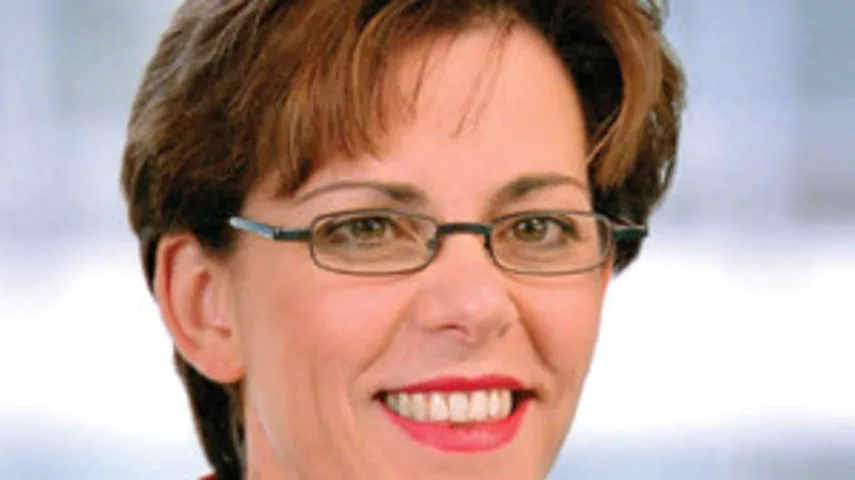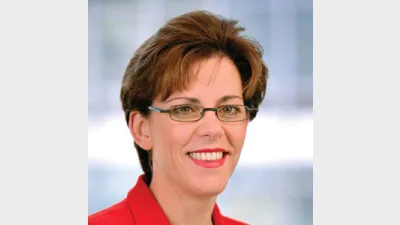Unlisted investments open to fraud - APRA



Unlisted and opaque investments undertaken by superannuation funds have been listed by the Australian Prudential Regulation Authority (APRA) as being characteristic of being open to fraud.
The regulator has issued draft prudential practice guidance for superannuation funds on fraud risk management in which it has cited the following as examples which have the "characteristics of an investment that may create potential for fraud".
It said these included investments involving a related party of a responsible person of the superannuation fund or the parent of the superannuation fund licensee, products that were untested or being promoted by an investment manager with no track record and those which were located offshore in a poorly regulated jurisidiction.
The APRA document then also exampled unlisted investments, investments which were opaque, those which had been "superficially rated or recommended by research agencies without adequate
Analysis" and those which had been "subject to limited review, for example because it is part of an asset allocation mix and so is not considered as a standalone investment".
Releasing the document, APRA member, Helen Rowell said the regulator remained focused on improving risk management practices across the industry, including fraud risk management.
She said the draft practice guide was intended to outline prudent practices in relation to the management of fraud risk, and focused on current and emerging fraud risk factors impacting the superannuation industry from both an internal and external perspective.
Recommended for you
The super fund has launched Retirement Manager, a digital advice tool helping members plan income, spending, and retirement confidence with integrated support.
APRA has warned retail super trustees that financial adviser involvement in recommending platform products does not diminish their obligations, as regulators turned the spotlight on the Shield Master Fund and First Guardian Master Fund during a meeting with fund CEOs.
AMP’s chief economist has unveiled a wish list for the Australian government’s Economic Reform Roundtable.
Australian retirees could increase their projected annual incomes between 3 and 51 per cent by incorporating personal and household data into their retirement income strategies, according to new research.









